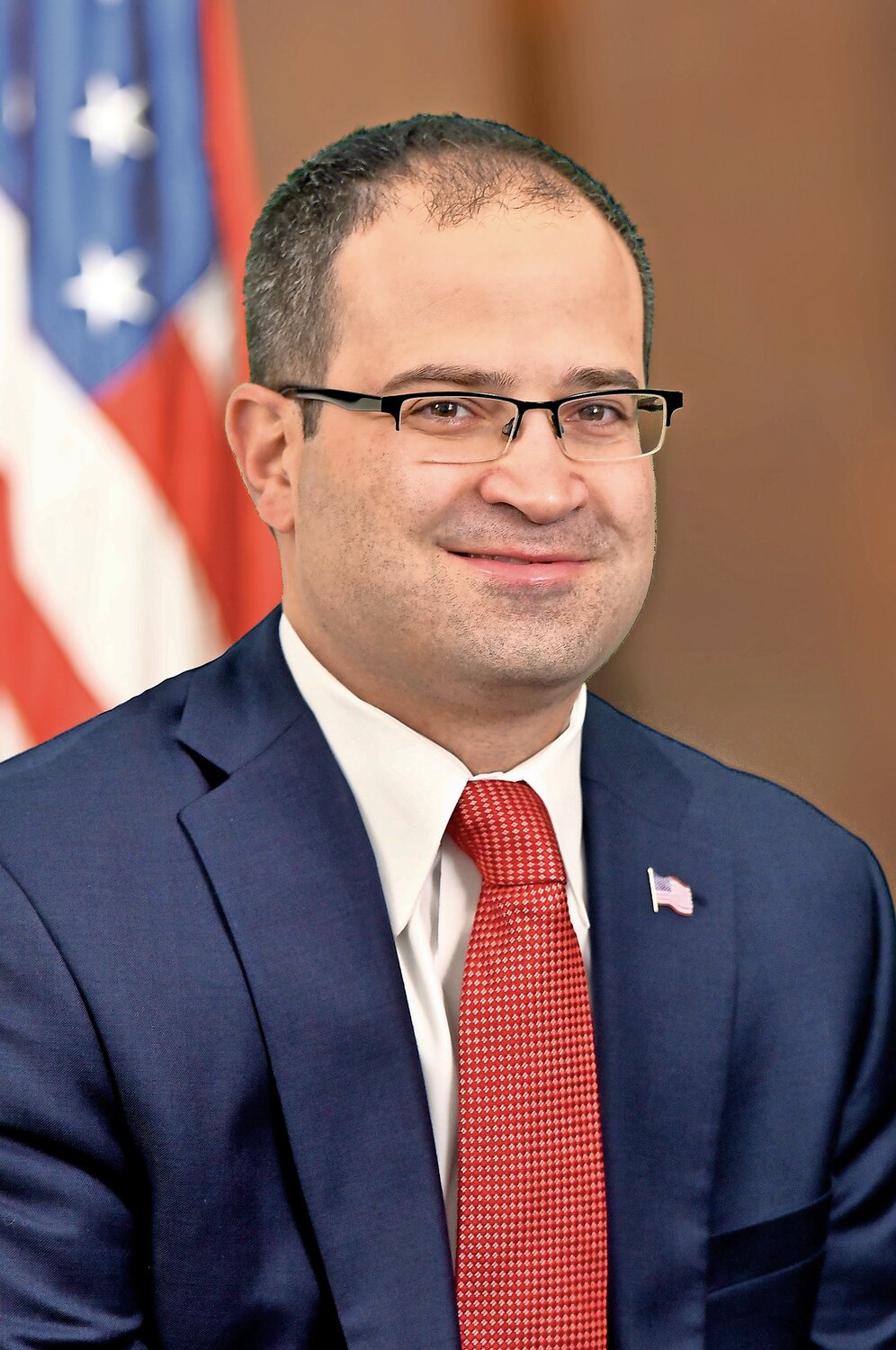Congestion pricing delay exposes political gamesmanship
In the world of New York politics, victories are few and far between, which is why Gov. Kathy Hochul’s recent decision to delay the controversial congestion pricing scheme is cause for celebration. Let’s not forget, however, that this win comes with a rather large asterisk.
The congestion pricing proposal, set to impose a $15 toll on vehicles entering Manhattan’s central business district, would create a significant financial burden for our middle-class commuters. Many of them rely on their vehicles for their daily commutes, and adding hundreds of dollars to their monthly expenses would exacerbate the financial strain they already face. Downstate commuters, who are just beginning to recover from the economic impacts of the pandemic, should not be further penalized by this ill-conceived plan.
Additionally, the proposed surcharges on taxis and for-hire vehicles would hit an already struggling industry hard. These drivers, who provide an essential service, would find their livelihoods taxed even further. It’s imperative to consider the consequences of such policies, which disproportionately impact those who can least afford it. Encouraging the use of public transportation over private vehicles without first addressing the notorious unreliability of the Metropolitan Transportation Authority would simply shift the congestion problem from one flawed system to another.
I have been a vocal opponent of congestion pricing from its inception. The decision by Hochul to delay its implementation is undoubtedly a win, but we must not be fooled by the veneer of this decision. While this delay represents a victory stemming in part from our advocacy, we cannot overlook the governor’s political motivations. Hochul has made the right decision for the wrong reason, revealing a troubling disregard for the genuine concerns of New Yorkers.
The purported intent of congestion pricing — to reduce traffic and improve the environment — is commendable, but the reality is a different story. Hochul claims that the delay is to ensure that New York City’s fragile economic recovery isn’t hampered by too drastic a reduction in commuter-driven commerce, but in reality, it’s a strategic move to gain political favor in suburban districts where the plan is unpopular during a crucial election year. Despite the fact that half a billion dollars have already been spent on setting up new cameras, the “indefinite” delay seems to conveniently extend only until Nov. 6, after which congestion pricing will likely be reinstated. Its true intent is to generate revenue rather than address the core issues plaguing our transportation system.
Michael Manville, an urban planning professor at the Luskin School of Public Affairs at the University of California, Los Angeles said, “With a policy this controversial, it is always helpful if someone else goes first.” New York isn’t a laboratory, and its residents aren’t guinea pigs for experimental policies. Like Manville, many transportation experts and advocates hoped New York would serve as a test case for congestion pricing in the United States, but the stakes are too high to gamble with the livelihoods of our middle-class commuters and small-business owners. New York deserves well-considered, evidence-based solutions, not to be the proving ground for untested theories.
My consistent opposition to the congestion pricing plan is rooted in a commitment to protect Long Islanders from unjust financial strain. Instead of imposing further tax hikes and depleting state reserves, we need to focus on creating a streamlined and sustainable MTA that doesn’t perpetually seek new funds from Long Island taxpayers. It’s time to curb unnecessary expenditures and prioritize effective management of existing resources. This is the only way to achieve a reliable and equitable transportation system for all New Yorkers. Transit agencies can best demonstrate that they deserve additional funding by wisely utilizing the money they already have.
While the delay in congestion pricing offers temporary relief for Long Islanders and other downstaters, we must remain vigilant about the political motivations underpinning this decision. The imperative remains to advocate for genuine, long-term solutions that protect the interests of all New Yorkers, ensuring that their well-being is not compromised by short-term political expediency.
Ed Ra represents the 19th Assembly District, and is the ranking Republican Member of the Assembly Ways and Means Committee.






